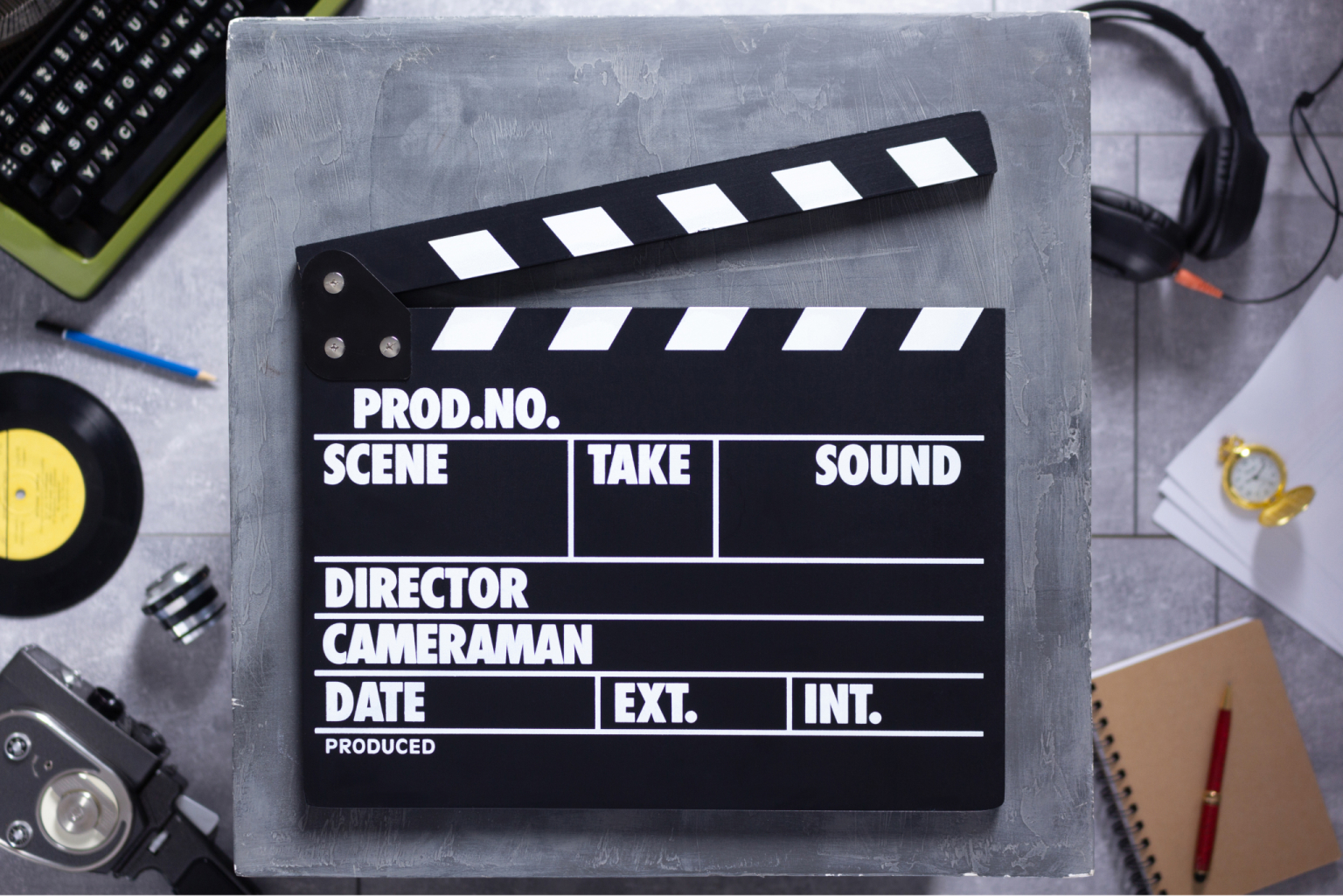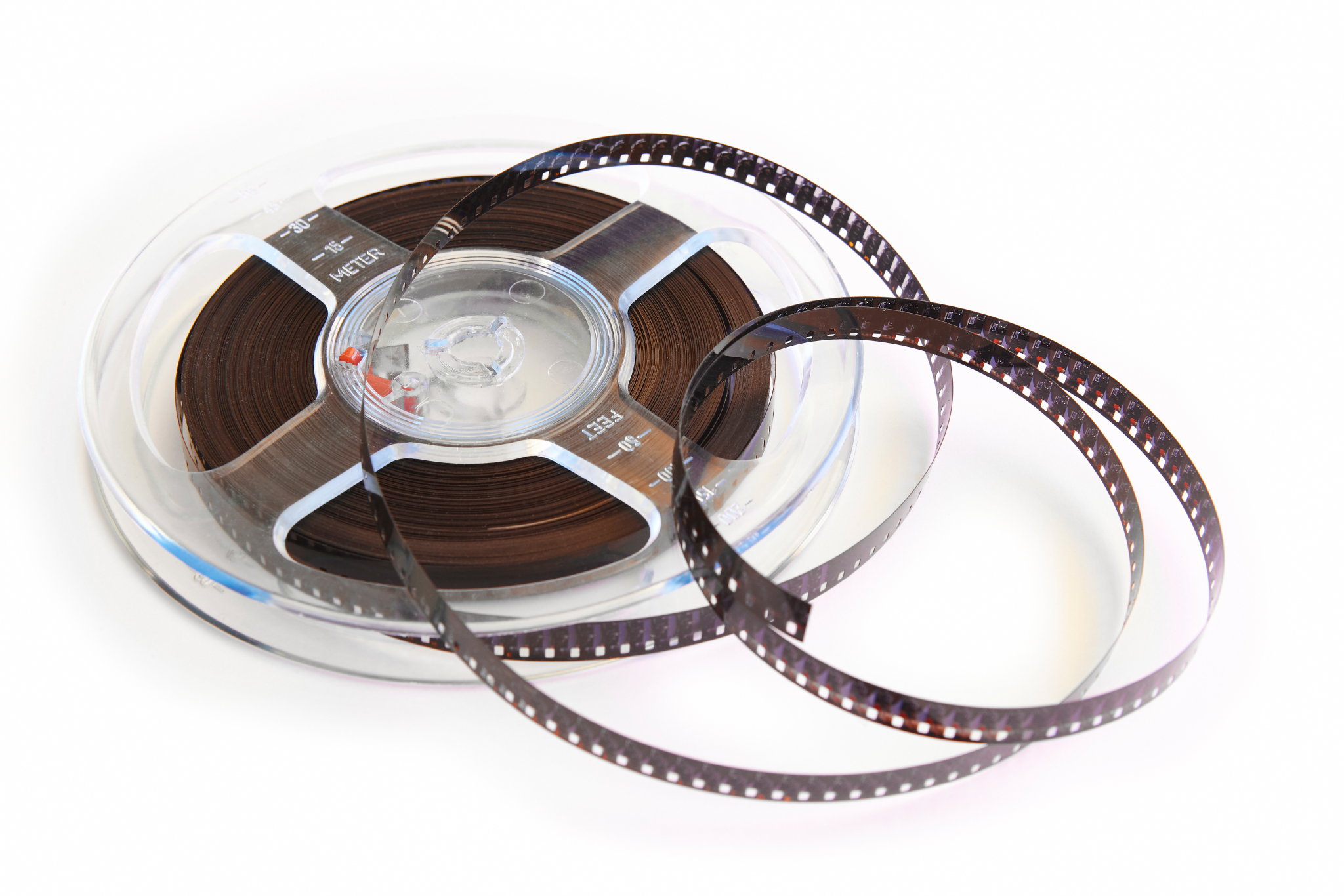Do You Need a Music License for Film?
Stockmusic.net team

Music in the background of a video can make a scene pop and keep your project humming in viewers’ heads – but it can also land you in legal trouble if you use copyrighted tracks without licensing them first. Obtaining a music license for film is sometimes challenging, which is why many content creators work through licensing companies rather than the copyright holders themselves.
Continue reading to learn everything you need to know about how to license music for film.
What Is a Music License?
A music license is a legal approval by a copyright holder for their music to be used, often in exchange for fees or royalties. Music licenses’ purposes range from radio to film use and sometimes must be obtained through multiple parties. However, many of these licenses can be obtained en masse through separate music licensing companies. While the different layers of music licenses for film may seem complicated, they’re crucial to protecting indie artists, composers, and everyone in between.
Why Licensing Music Is Important in Films
Understanding film music licensing is essential unless you intend to write all of your music yourself. Most videos from YouTube to the big screen need music in at least some sections to keep the vibe functioning. However, using copyrighted music without permission could result in legal action, especially if your project is for profit. It could also impair your reputation, as film festivals won’t screen your projects, and some artists may avoid collaborating with you.
Music licensing and royalty-free audio are the most cost-efficient ways to keep your videos high-quality, especially when working with sync licensing companies. By using licensed music, you guarantee yourself a variety of creative options without risking copyright infringement. Plus, you can avoid your videos sounding repetitive by utilizing vast, royalty-free inventories.
Types of Music Licenses You May Need for Your Films
Music licenses range in type, with some focused on distribution and others focused on radio and venues, such as public performance licenses. When working with music for movies and videos, you’ll generally encounter synchronization and master use licenses.
Synchronization License
Synchronization licenses or “syncs” are the standard copyright agreements for using a piece of music in a movie, commercial, video game, or other visual media. Syncs are generally straightforward, allowing the purchaser free use of the song, though some may restrict certain elements, such as singers’ voices.
Most sync licenses limit song use to specific projects, such as only for one movie trailer or one episode of a TV show. Other agreements may only approve self-produced covers of a song rather than the original track, which is often cheaper when working with more prominent artists and record labels.
Many sync licensing agreements also include royalties, mandating that the copyright holder must be compensated if the project profits. As this can be a tedious and costly process, many content creators instead use royalty-free songs.
Master Use License
Master licensing is often more complex than sync licensing and must go through the owner of the recording. Depending on the agreement, master use licenses allow you more uses and creative freedom with a piece of music, such as allowing the original recording to be played in full. These types of licenses are often essential for pivotal songs, such as TV themes, and tracks that are altered from their original form, such as Kate Bush’s “Running Up That Hill” in Stranger Things.
Though most master licenses are just as easy to obtain as syncs, some artists may have high expectations for their music’s usage and specify certain expectations, such as a final approval consultation. Famously, Jack Black made a video of a cheering crowd pleading for Led Zeppelin to let him use “Immigrant Song” in School of Rock, as the band had never licensed the song before.

The Licensing Process for Copyright Protection
Whether you’re a songwriter or a filmmaker, protecting your work with copyright is essential to your craft. For artists in the United States, you can easily copyright your work through copyright.gov. Simply select your media type and provide as much information as possible, including other creators and artists.
After a piece of music is copyrighted, it can be licensed to anyone approved by the copyright holders. Music license templates are available online, or you can craft your own, though you should consult with an entertainment lawyer if you need any agreements written or reviewed. To save the hassle, many artists work with music supervisors who handle the licensing specifics.
Factors Influencing Fees for Original Music Rights
Songs generally have two layers of copyright ownership: one covers the track’s recording while the other covers its composition, such as its melody and lyrics. Obtaining licensing from both copyright owners is often more expensive than only obtaining sync licensing for just the composition, though specific agreements vary by music publishers.
The other costs of music licensing are determined by various factors, including the song’s popularity and intended use. In some situations, copyright holders may waive their usual licensing fees for projects they want to support, such as independent films and student films.
When Can You Use a Piece of Music Without a License?
The only music you can use without a license is copyright-free, which can be challenging to find with limited options. You also must be careful, as some songs with copyright-free compositions may still have their recordings protected.
When working with music licensing companies, you can skip the hassle of digging through copyright-free audio or licensing each track. Instead, you can utilize the already licensed, royalty-free songs available in their inventories.
Enhance Your Film With Royalty-Free Stock Music
Once you know how to license your music for film and TV – or have a sync licensing company that does it for you – you can begin the fun process of picking out tracks. When choosing your music, you should generally stick to royalty-free audio to avoid costs down the road.
At StockMusic.net, you’ll have unlimited access to thousands of perfect songs for various projects. Browse our inventory of royalty-free stock music to get started.